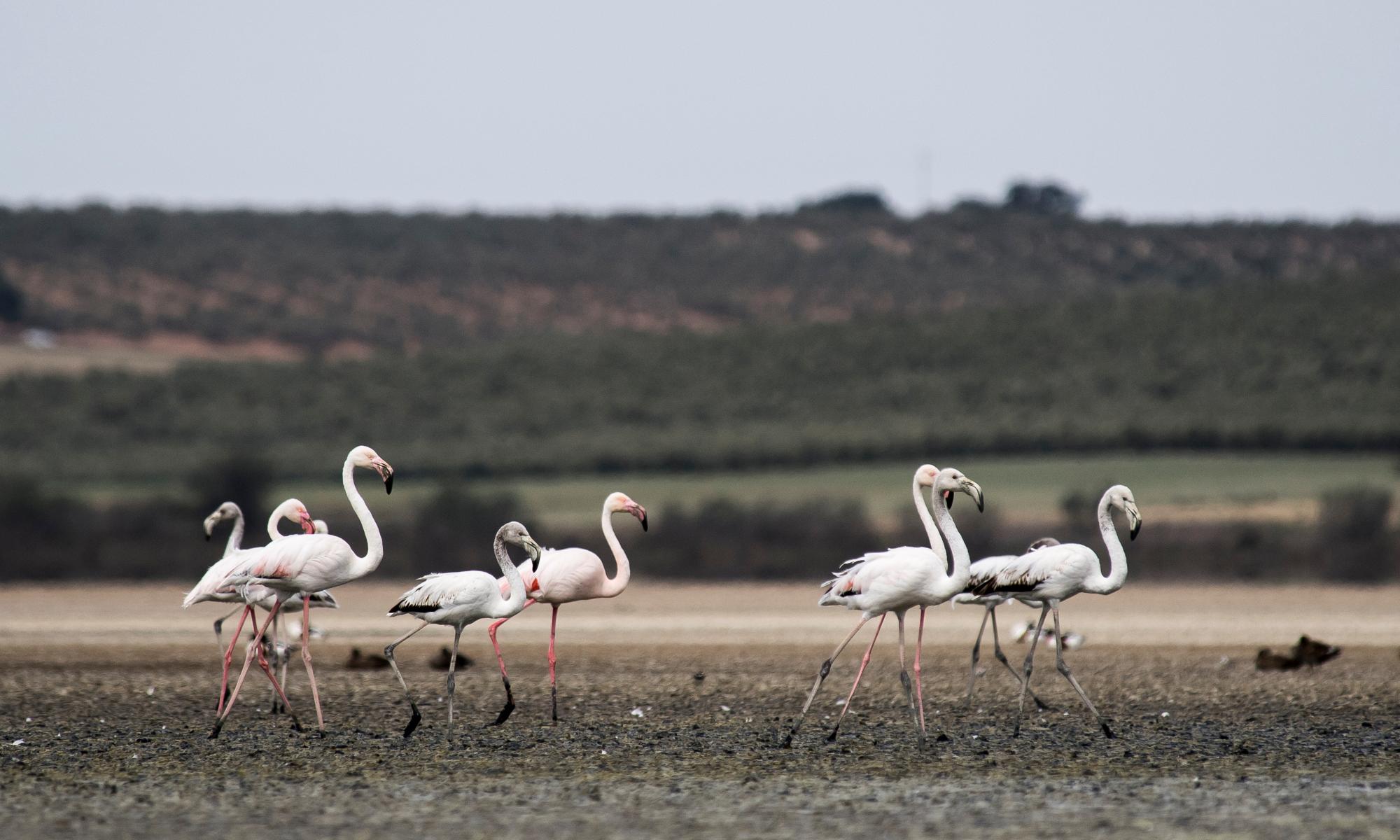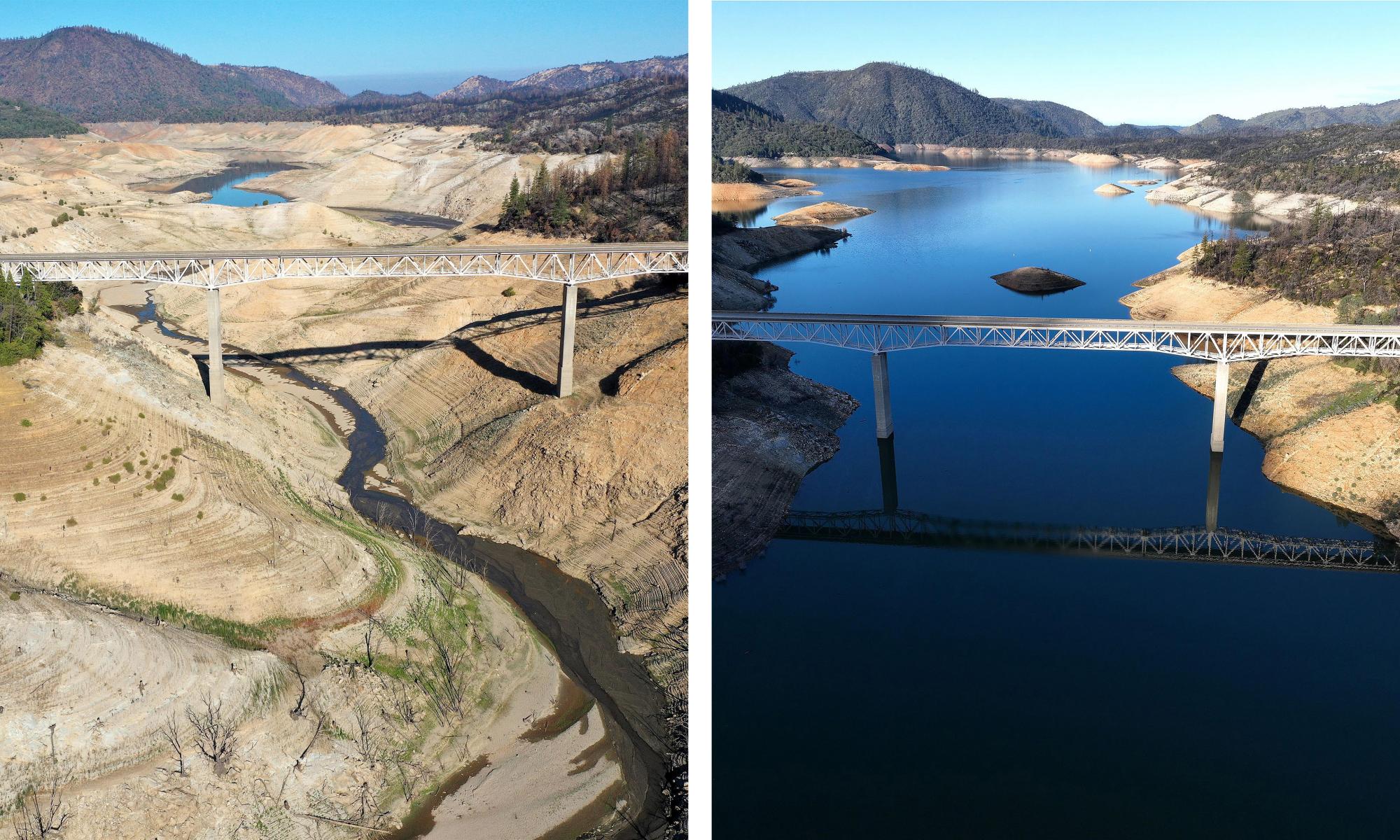The Liberal MP Trent Zimmerman says the Morrison government should work towards adopting a target of net zero emissions by 2050 to bring itself into line with commitments Australia made under the Paris agreement, and to align Canberra’s policy with emissions reduction targets adopted by the states.
In an interview with Guardian Australia’s politics podcast, Zimmerman said it was reasonable for the prime minister to want to do due diligence on what net zero would cost, and to consider what a policy roadmap would look like, “but this is something that we should be looking very seriously at”.
He said the Paris agreement required Australia to move to net carbon neutrality in the second half of the century, and to take measures to help keep temperature rises to between 1.5C and 2C.
Zimmerman – who is one of the backbench moderates pushing for the government to step up the level of ambition on climate action – predicted the 2050 target would trigger more in-fighting within the government.
But he said the best way to persuade colleagues to accept a pivot was to explain to them, and to their communities, that the transition to low emissions energy in Australia was “not going to be a disaster”.
“Not only will this not be a disaster, there will be opportunity.”
Zimmerman said he wasn’t sure whether those arguments would ultimately succeed, but “we have to give it a go”.
He said Australia had “lost half a decade because of the debate about what we needed to do” and expressed hope that a durable solution could be reached in this parliament. “I think the challenge of climate change is so real and so serious that if there can be some kind of consensus, that would be a positive outcome.”
Zimmerman confirmed he had spoken to the independent MP Zali Steggall – who took the neighbouring electorate of Warringah from the government at the last election on a climate change platform – about a bill she wants to pursue in parliament that would impose the net zero target. “I’ve spoken to Zali and I’m open to having a conversation when we come back [to Canberra] in a couple of weeks’ time.
“It is watch this space on that front.”
Zimmerman said Steggall wanted to bring on the bill in March, but that timetable was too compressed to allow the government to resolve its own stance on the 2050 target. “I think the government should be given the opportunity to do a due diligence process on the 2050 target before the parliament is expected to sign up to that.”
He said the leadership was very unlikely to grant MPs a conscience vote, and there was an open question about whether the bill would ever come on for debate. But he wanted to have the conversation “out of respect for Zali”.
“For me, the important thing is the goal. Zali’s bill may not be the only way to achieve that goal.”
The MP repeated comments he made last week that governments should not be in the business of bankrolling coal projects that the private sector will not finance. While Queensland Nationals are pushing assertively for a new taxpayer-backed coal plant at Collinsville, a number of Liberals are concerned about sending a negative signal in parts of the country where their constituents are worried about a lack of climate action, and about the fiscal exposure.
Despite the government’s partisan criticism of Labor’s electric vehicles policy at the last election, including hyperbole that emissions standards were a “war on the weekend”, Zimmerman argued the Coalition needed to be at the forefront of managing the transition to electric vehicles, because “the global car market is only heading in one direction”.
He said the states needed to look at consumer incentives, such as concessions on registration fees and rebates on toll roads for drivers of electric cars. At the commonwealth level, Zimmerman said, “the charging network will be really crucial”.
The MP said an electric vehicle strategy would work best with the public if the focus in the first phase was on carrots rather than sticks, and once the transition was under way, regulatory options could come into play, such as emissions standards to drive faster take-up as prices came down.


